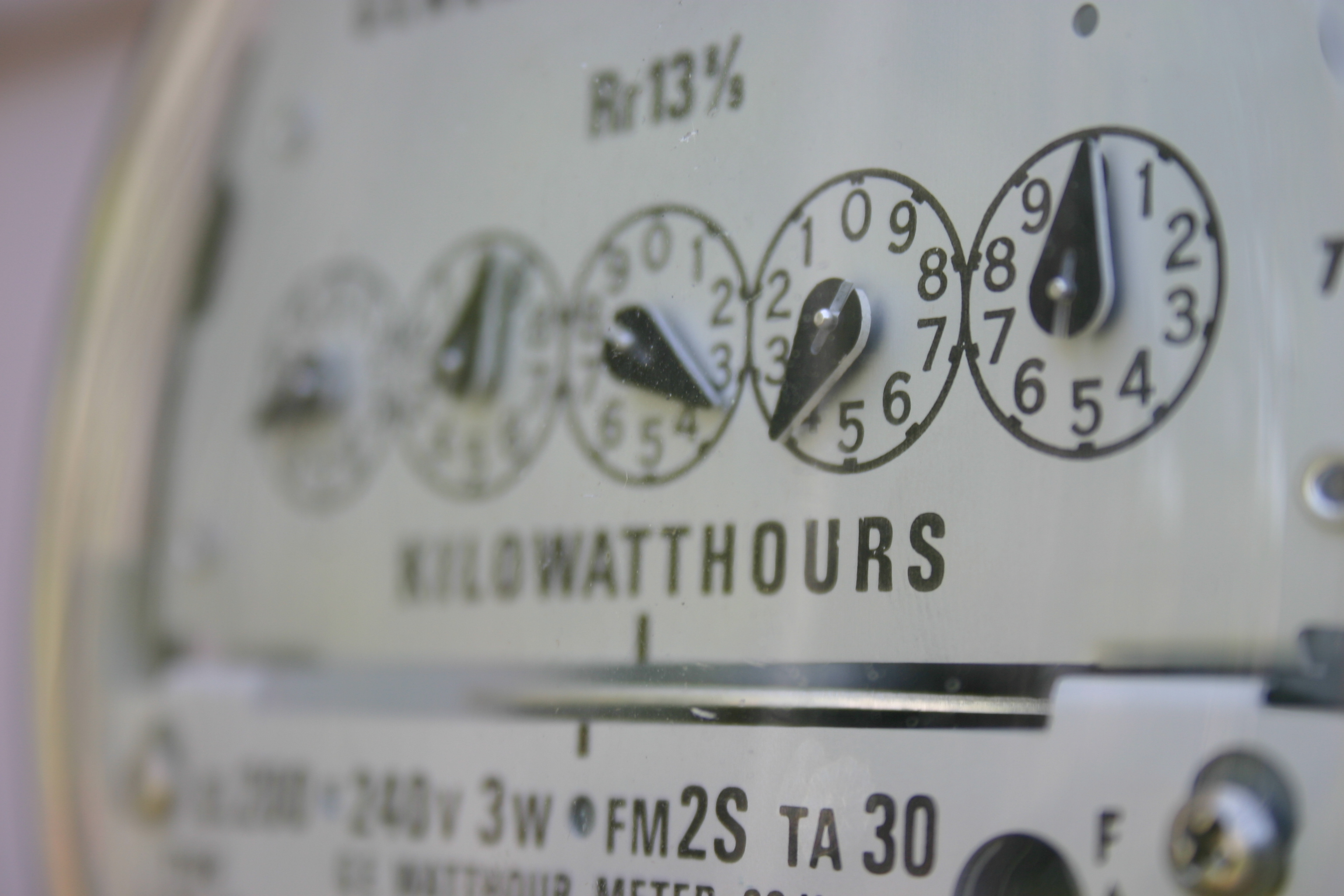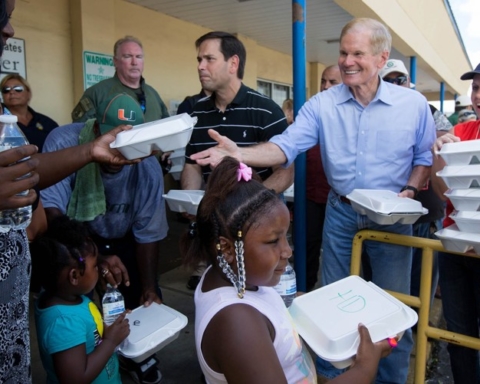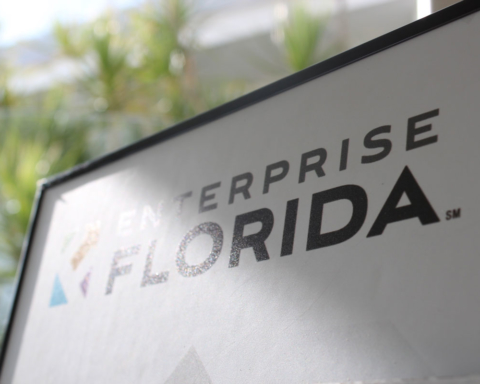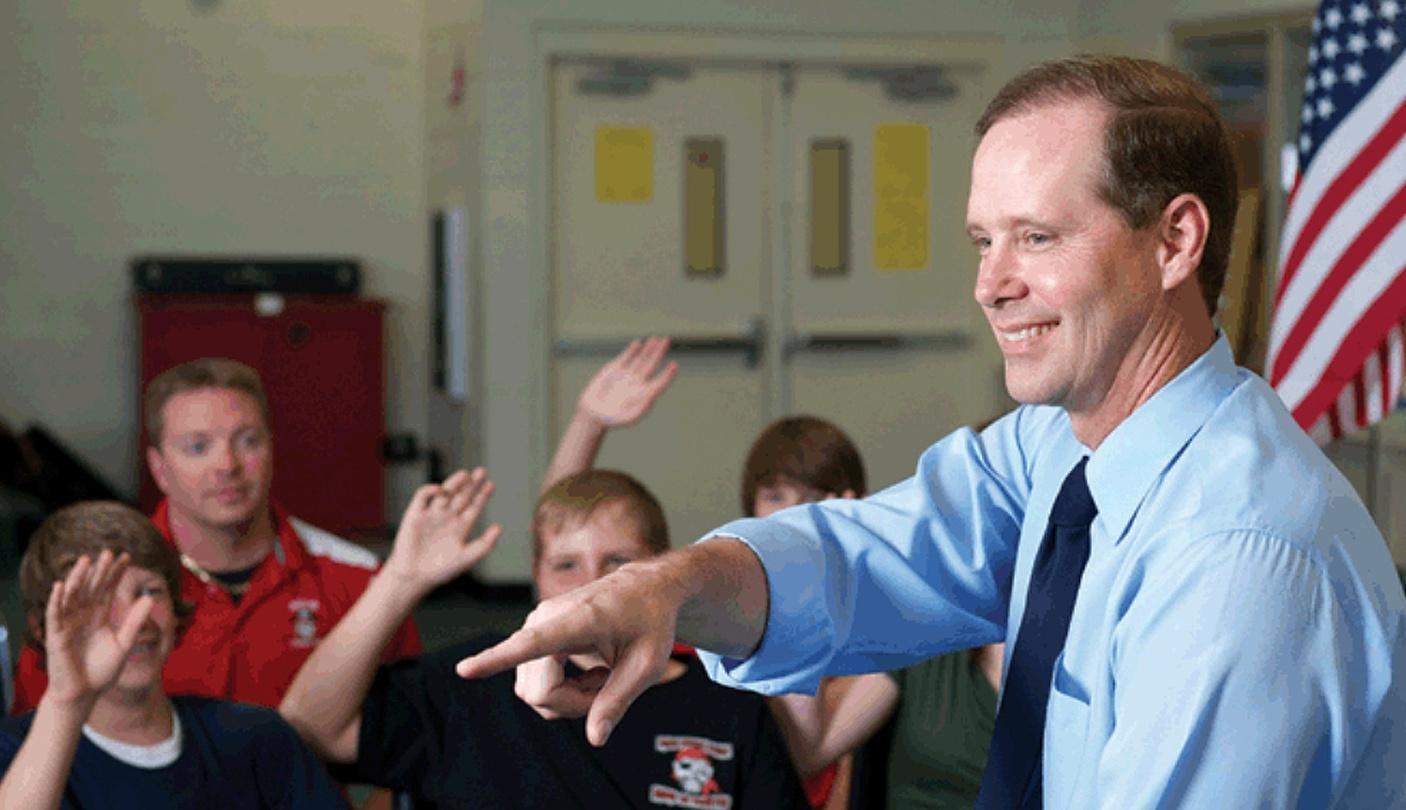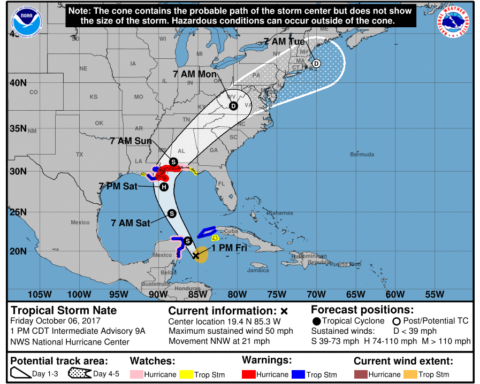Advocates for Floridians for Solar Choice say the central premise behind their attempt to have Floridians vote on a constitutional amendment is to make it cheaper for residents to buy solar power directly from a provider. The group says that the free market doesn’t work in Florida when it comes to renewable energy choices. There are 55 public utilities in the state, but current state law allows only the investor-owned utilities to do so.
But those same critics say that power companies like Duke Energy, Florida Power & Light and Tampa Electric have shown little inclination to do so, compelling them to unite behind the drive for a constitutional amendment in 2016.
But Buck Martinez, senior director for project development at Florida Power and Light, says that keeping energy costs low in Florida “is why there’s no solar in Florida.” He says that costs for solar have come down tremendously in recent years, however, allowing his company to begin to offer it up more often now as a viable alternative source of energy.
His comments came during the first day of a two-day energy summit held at the Hilton Carillon Park in St. Petersburg.
As an indication of how much FP&L has changed it energy portfolio over the past three decades, Martinez says that when he began working at the utility in 1991, they burned 40 million barrels of petroleum year. Currently, it’s less than 150,000 barrels, a reduction of 99 percent. Sixty-six percent of their energy comes from natural gas, and another 21 percent from nuclear.
“Now we’re at a point where bringing solar into the mix…is not going to have an adverse effect on the cost to the customer,” Martinez added. The company announced in January that they intend to build three new solar photovoltaic (PV) power plants by the end of 2016.
Mike Anthiel is the executive director with the Florida Alliance for Renewable Energy, an organization that strongly supports the constitutional amendment. He’s a bit more cynical about the utilities’ new enthusiasm for solar, as the drive for a constitutional amendment heats up. Anthiel says that while the utilities have an obligation to serve, as a consumer he has no obligation to be served. He said it’s about giving choice and competition to an electricity market “that’s been locked up for a longtime.”
Martinez repeated an age-old adage from the utilities in Florida on another criticism of renewable sources of energy like wind and solar — that they’re not reliable because of changing weather conditions. He said that FP&L had recently purchased a meteorology company years ago to help them in forecasting conditions.
Tamara Waldman is the director of Florida Distributed Generation Strategy with Duke Energy Florida. She said that Duke is also committed to “those aspects of a clean energy future.” She also said Duke currently offers more than 1.1 million megawatt hours of renewables — such as biomass, municipal solid waste, hydroelectric power, waste heat and solar PV.
And she also discussed Duke’s encouragement of its customers to conserve energy (such as putting the heater at 68 degrees in the winter and 78 in the summer). “We recognize that some of our customers are looking for more renewable choices,” she said, mentioning how the company received approval on Wednesday to build, own and operate a 5-megawatt solar facility that will serve the Reedy Creek Improvement District near Orlando.
Shelly Aubuchon, program manager for Tampa Electric’s Renewable Energy programs, said there have been more than 1,000 customers who have signed up to install new solar PV systems in homes and businesses in Hillsborough County, with the majority being those who aren’t getting rebates. She also boasted about TECO’s plans to install its first large-scale solar array at Tampa International Airport.
“We sell renewable energy,” she said. “The challenge is getting customers to participate. We have to spread the word,” adding that there are a few thousand who have been willing to pay more than the regular costs of energy.


